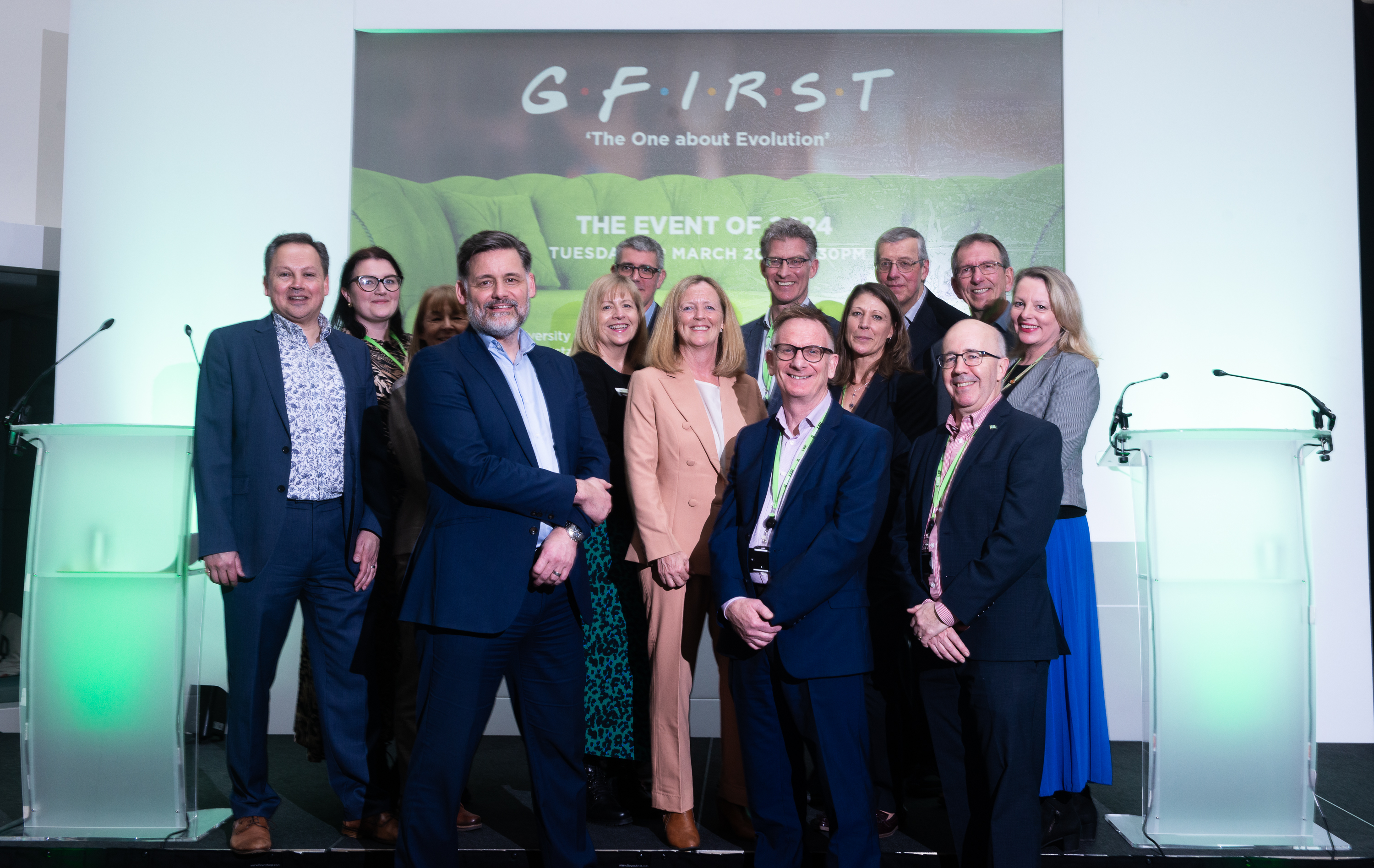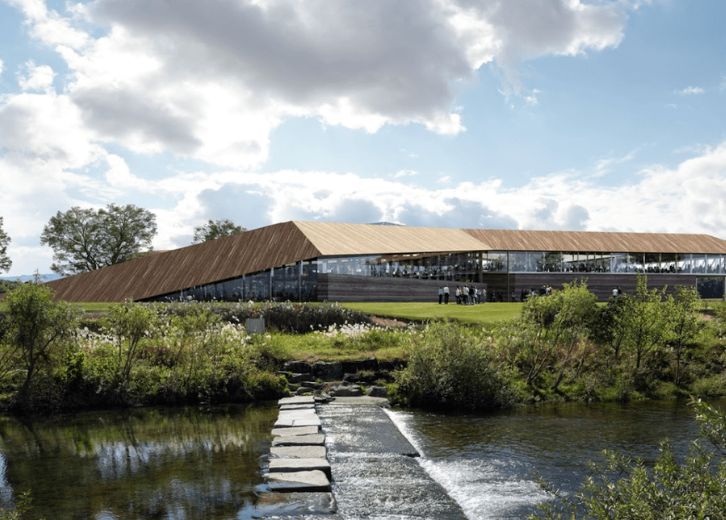general
RAU Students in Cirencester help boost the High Street
To help boost the High Street in Cirencester, undergraduates, master students and academics from the Royal Agricultural University are working with the Cirencester Community Development Trust (CCDT) – the ‘Town Team’, to look at the strengths of the town and areas of specific interest such as charity shops and food markets.
10 December 2013
To help boost the High Street in Cirencester, undergraduates, master students and academics from the Royal Agricultural University are working with the Cirencester Community Development Trust (CCDT) – the ‘Town Team’, to look at the strengths of the town and areas of specific interest such as charity shops and food markets.
The valuable feedback and ideas collected by the students will be used to inform how positive action can be taken to boost the local economy and help Cirencester to thrive further in the form of a report at the end of March 2014.
The exercise is part of a long term plan for the Cirencester Town Team to use a retail planning toolkit to identify how best it can ensure that its high street is more attractive and vibrant than ever and will also form part of the student’s final studies.
GFirst LEP developed the toolkit earlier this year, following the Mary Portas review about the health of Britain’s high streets. Cirencester is the first town in Gloucestershire and one of the first in the country to use the toolkit that identifies a town’s ‘personality’ according to four different types. By understanding the distinct attributes and characteristics of the town, the Town Team can identify how best it can make Cirencester even more attractive for local businesses, shoppers, retailers and investment to create local jobs and wealth.
CCDT will also be looking at the four key performance indicators outlined in the retail toolkit – People and Footfall, Diversity of Place, Consumer and business perceptions and Economic characteristics. This exercise and the feedback collated by the students will help create a full activity plan that will be developed by the end of April 2014. CCDT will also develop a full case study of lessons learned from their experience of using the toolkit, which will be shared with other towns in Gloucestershire.
David Owen, Chief Executive, GFirst LEP added: “We are thrilled to see that the students at the Royal Agricultural University are getting involved with this community project. Their involvement is a tremendous help to see what can be done to make Cirencester even more prosperous than ever.
I would urge other Town Teams in Gloucestershire to take a look at the toolkit which is free to use to see how their high streets remain vibrant, buoyant and sustainable.”
GFirst LEP was appointed by the Government as the national Retail Pathfinder to work proactively with the Government on a national basis and with its Retail Sector group to identify how towns can breathe life back into their high streets.
For more information about the Retail Toolkit which is free to use, please visit the GFirst LEP website www.gfirstlep.com.






